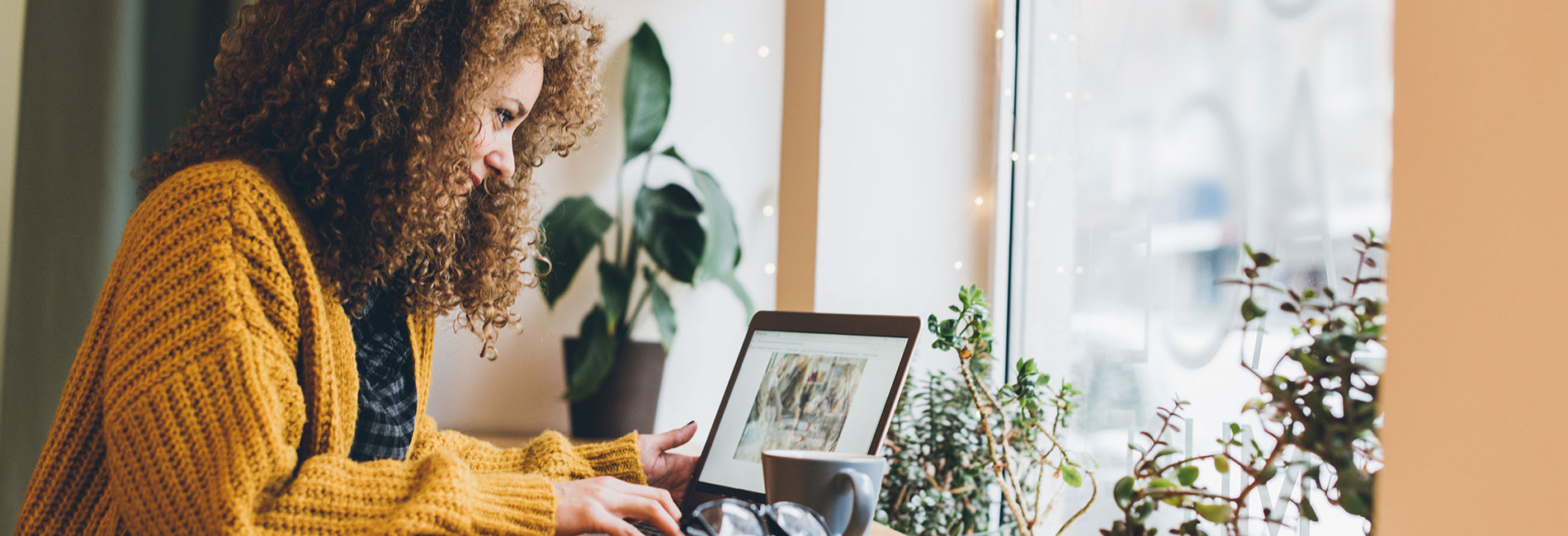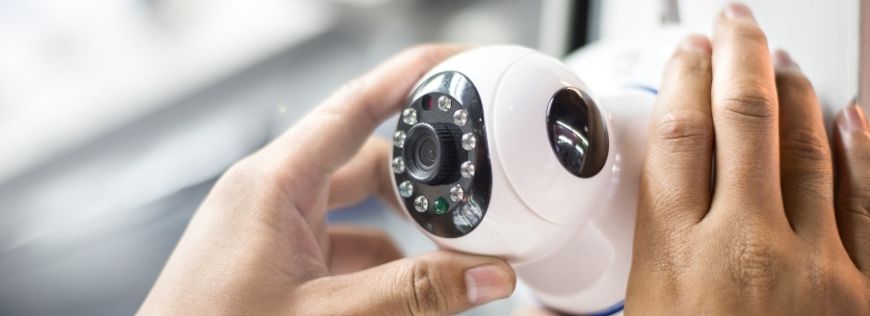If you are like many people, you use in-home security cameras to keep an eye on pet sitters, babysitters, newborn babies or young puppies. No matter the reasoning behind your use of cameras, you can certainly agree that security is of the utmost concern. Yet, every day, thousands of cameras are hacked by outside forces, thereby exposing sensitive information about camera owners and their households. Protect yourself with these tips.
Use a complex username and password.
You’d be surprised how many people leave passwords as the default or choose something like “password,” “1234,” or their birth date. Don’t keep a default password or choose one that is easy to guess. Passwords should be at least eight to ten characters and include symbols and punctuation marks.
Set up WPA2 security on your router.
If you want to know when a device is going online in your household, ensure that your router requires a WPA2 security code. This will ask each new device to submit a password to connect to your Internet connection.
Don’t access your cameras on a public Wi-Fi network.
Hanging out in a coffee shop and want to check your in-home security camera? Don’t! Accessing your device from a public place or Wi-Fi hotspot could make it susceptible to outside interference. For example, hackers can use these networks to hunt down your information.
Take advantage of built-in security options.
You might not realize it, but many security cameras allow you to check logins to see who’s accessing your account. If you haven’t already, check these log-ins periodically to make sure no unusual activity is taking place. See something strange? Change your password.
Although we provide the utmost luxury at Oxford at Lake View Apartments in Corinth, Texas, we love going the extra mile with our digital resources! Spice up your life with something different, and try out this new routine, recipe, or recommendation today.



